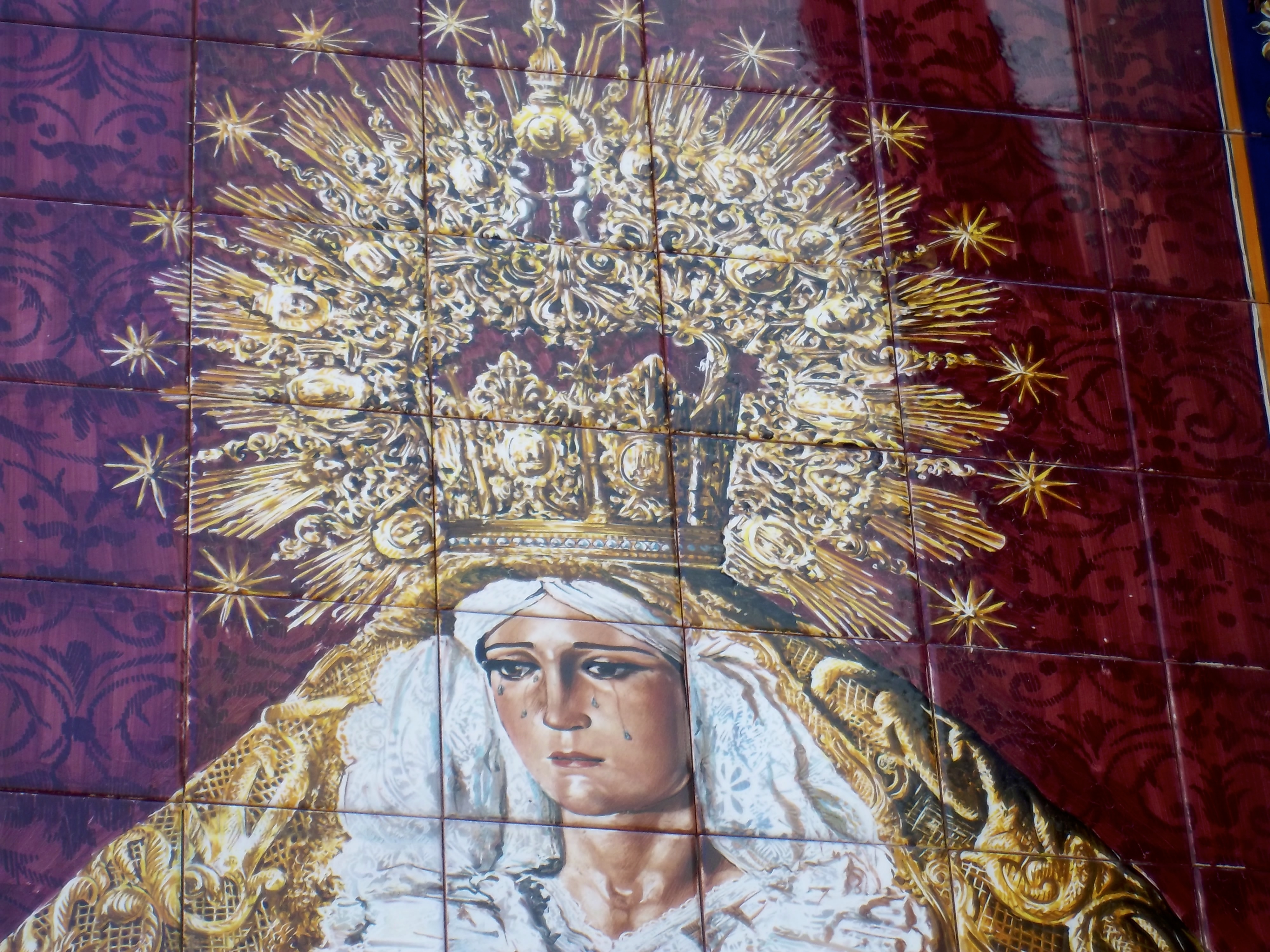My ancestors passed down this lament:
Sometimes I feel like a motherless chile,
Sometimes I feel like a motherless chile,
Sometimes I feel like a motherless chile,
A long way from home.
Sometimes mother is the hardest word.
Sometimes mother is a curse word ~
not the object of a profane expression, but the subject.
For some the pain of Mother’s Day is unbearable:
Those who have lost children
Those who have lost beloved mothers
Those who have been left unexpectedly to become single mothers
Those who have been forced into motherhood
Those who have been raped into motherhood
Those for whom mother was abuser
Those who long for motherhood denied by an uncooperative or betraying body or by lack of a partner and possibility.
Many will weep on Mother’s Day.
Few of those tears will be joyful.
Some are long past tears.
Mother’s Day with its crass commercialization and virtual sanctification may yet be redeemed, if we use it to reflect on the state of mothers, mothering and motherhood in the world.
On this Mother’s Day, do you know how many women and girls die in childbirth around the world including in these United States?
On this Mother’s Day, do you know how many infants are born dead because of maternal hunger, lack of or access to health care?
On this Mother’s Day, do you know how many mothers have lost daughters and sons to trafficking?
On this Mother’s Day, do you know how many girls and women are raped into motherhood as regular and recurring tactics of warfare?
On this Mother’s Day, do you know how many girl-children, some as young as eight, are sold, bartered and traded into marriage with grown men, often as old as their fathers and grandfathers?
On this Mother’s Day, do you know how many women are forced to bring unwanted pregnancies to term because of the cultural, religious and political values of men and sometimes women who control their sexuality and fertility?
On this Mother’s Day I am reminded of the risk inherent in being a girl or woman on display in particular ways in parts of the world that seem distant but are connected to me by ties of blood and faith and humanity.
For all of those women who have chosen motherhood and mothered the children of their hearts and wombs and streets and those they have embraced from near and far with or without papers, I give thanks.
For all of the men who have loved and nurtured with exquisite tenderness in the absence of any other mothering, I give thanks.
With all the motherless children, and for those for whom it would have been better to be motherless, I weep.
And for the daughters of Nigeria and all other trafficked girls and the mothers who are fighting for their return, I pray and I work.
The American Mother’s Day industry seems willfully and uncaringly blind to the lives, struggles and deaths of most of the world’s mothers and their children. Perhaps now you understand why I cannot say “Happy Mother’s Day” to anyone and have not been able to do so for a very long time.


Valerie
May 10, 2014 1:34 amI forget who penned many of the prayers of praise are actually prayers of laments in reverse. The prayers of thanksgiving because the prayer recognized that Jesus was with them in their furnace of pain and anguish. Yes, one does not rush through their daily laments nor their season of intense laments, but one can still find the imprints of grace…where sin abounds…sins that are named, lamented over, and critiqued…grace abounds all that more. The grace that enable mothers to sing, ” In my sorrow, Lord walk with me …When my heart is aching Lord, I want Jesus to walk with me In my troubles…” I am preaching on Mother’s day – This is not the time to hold your peace (Esther) – your laments have provided me rich resource for my sermon, and yes I am cited your work and blog. Happy Mother’s Day!
Florenstine Woods
May 10, 2014 9:46 pmThanks for the truth.
Teña
May 13, 2018 4:33 pmI have just discovered your work and the truth you speak is provoking my faith and helping me find my voice.
Asè. Ameen. Amen. Blessed Be
Wil
May 13, 2018 7:48 pmThank you.
Andrena
May 9, 2020 11:26 pmThank you
Rebecca Northcutt
May 2, 2021 6:10 pmThank you.. I needed this.. I never go to church on Mothers Day and if I get there and realize it is Mothers Day I get up and walk out. Being seen by a Mother of my church means a lot.
Also, I know it is rude to point out mistakes, but I am dyslexic and I struggled with the the line
“With call the motherless children…”
I had to read it maybe 6 or 7 times before I realized that the c does not belong and it’s just all. I hope you will forgive me for asking if it can be corrected so other readers don’t struggle with it. I will remove my comment if you want me to.
Wil
May 2, 2021 6:14 pmThanks for the correction and God bless you on this difficult day.